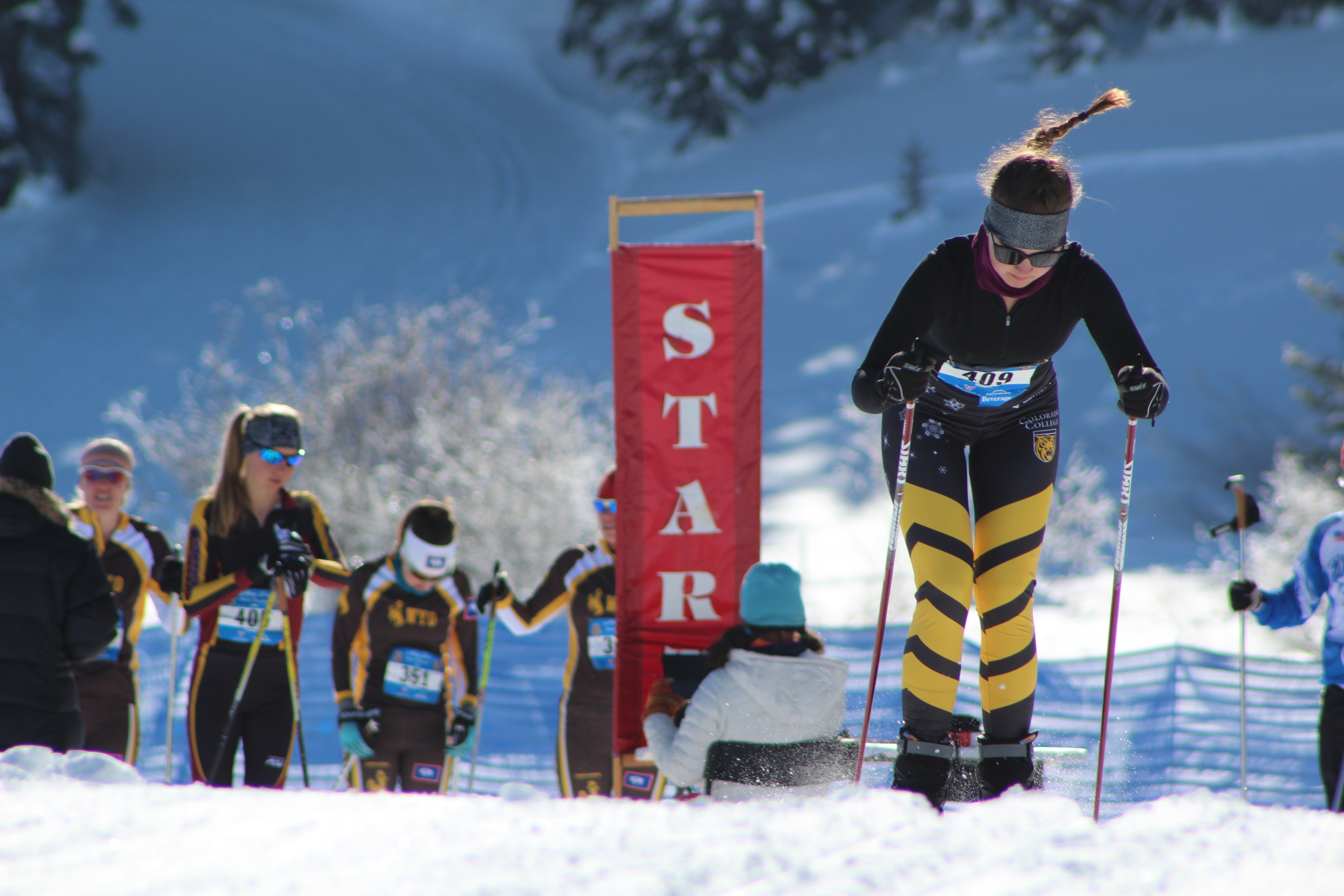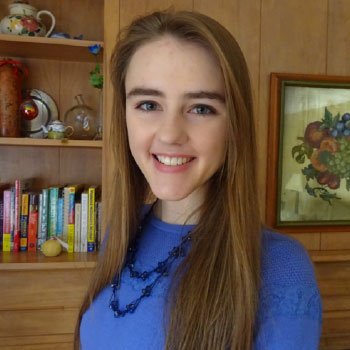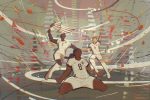Colorado College’s student-run club Nordic team hit the ground running and has grown quickly over the past few years. Becoming competitive in its D2 conference just three years ago, the team came to be fierce contenders, qualifying for Nationals in 2017, and Ines Siepmann is captain of this team.
Kathleen Danielson: Tell me a bit about Nordic at Colorado College. What do you do for training, and how did you become so successful as a team within just a few years?
Ines Siepmann: We were founded five years ago. The first couple of years of forming the team, we were pretty small, so there were typically only about five to ten people on the team. We started out as just an on-campus club—we didn’t compete at all, it was just people who wanted to ski—and then three years ago, my freshman year, was our first year competing with the Rocky Mountain Conference. That’s a D2 conference, but technically we’re still a club sport, so we aren’t considered a varsity sport at our school, and we’re completely student-run. Since my freshman year, we’ve had ten to twelve regular members, and then last year we had about twenty and this year we have about thirty. It’s been really cool to see that growth.
We have four races each year, and depending how you do in those races decides whether you go to Nationals or not. Unfortunately, we’ve qualified but never actually attended, because Nationals is a week long, and as a club, we don’t have any money to pay for that long of a trip because we don’t receive a budget. Also, missing a week of school isn’t feasible.
We train year round. We start right when the school year starts, practice two times a week for the first couple months and then ramp it up when we’re close to the season in January and February. Then we have a race just about every weekend. The goal of our team is to be very inclusive, so it doesn’t matter how much experience you have, or what your ability level is, or if you’ve ever done a competitive sport before. We don’t want financial status to affect anyone and their ability to be a part of the team, so we have a bunch of team gear that people can use so they don’t have to make a huge commitment.
KD: It’s impressive that you’ve become so successful just as a student-led club team!
IS: I think it’s so much more fun that way in some regards, in that we get a really diverse group of people. No one came to CC for the Nordic, so you have a lot of people who competed at a very high level in high school, and some people who have barely ever seen snow before and joined because they heard about it from a friend, or because they’re looking for a team dynamic without the team having to be your entire life.
KD: That sounds like a great dynamic. How long have you personally been skiing?
IS: I started skiing competitively when I was in sixth grade.
KD: I imagine college Nordic is pretty stressful, especially as captain. Did your previous experience with skiing prepare you for that?
IS: I think so, in a lot of ways. My middle and high school team was very similar. My sixth-grade year was the year that the high school Nordic team was founded. We had between ten and twenty-five members throughout my middle and high school years, and we never had a coach teach us how to ski. We learned through YouTube videos instead.
It may not have been the best, but it was super fun, and it was that same dynamic. I never really had a coach who told us exactly how to ski and what techniques to use. And for all of my high school years I was captain of the team, which was such a small group that it meant I was also leading practices and doing a lot of the stuff that I do now. So it definitely prepped me for being captain at CC.
KD: Is there a lot of pressure on you now, as captain at Colorado?
IS: Most of it I probably put on myself. I was captain last year for the first year, which sort of happened by accident. Our previous captain graduated, and we had different people doing different roles—obviously it’s great to have roles and to delegate, but then the year started and no one really did anything because everything was so disjointed, so I sort of accidentally came into the role of captain.
ƒWe were all just winging it and it was the first time for everyone, but it’s such a close team, and it’s so different from high school, where you have that maturity and responsibility gap. Everyone else around you is also a college student and also understands how hard it is to be on top of everything with Nordic when you also have exams and other things going on. This year we’re delegating a little better. There are other people who are leading practices, who are helping with paperwork, and all of that.
KD: Is it hard to balance all the aspects of college?
IS: Definitely. I’m a compulsive yes-sayer in too many clubs and activities, and Nordic is probably the one that I’m most invested in and the one that has made the biggest difference for me at CC so far. It’s difficult sometimes, though.
I’m also a biochemistry major, which means that I’m typically in lab every afternoon. Last block, I was in a very high-intensity chemistry class, and I would usually be in lab until six, so I couldn’t be at practice. Then there was a gap in how information was being shared because I just couldn’t see the team. In some regards, I think it would be nice to have a coach, because we organize all of our own races and our travel, so we have to organize where we’re staying, food, carpools and race registration. It would definitely be nice having someone else to take care of all that, but I also think it would change the dynamic and the atmosphere of the team if it wasn’t student-run.
KD: Do you think you’ll continue skiing competitively after college?
IS: Probably not competitively as part of a team, because there are not necessarily opportunities for that after college, but I’ll definitely keep skiing—it is something that’s very near and dear to me, and that I just really enjoy doing, and that I get a lot out of. So maybe I’ll race in citizen races, but not in a competitive circuit. It will be more for my own happiness.
KD: That will be nice to have less pressure and just be able to ski for fun.
IS: And it is fun now! I think that as a club sport we are very low-pressure, and it’s up to the individual how competitive you want to be and whether you even want to race, which I think has definitely made a big difference for our team. Otherwise you have a lot of really talented high school athletes who are just burnt out and are dropping their sport or doing it much less because it’s not fun to compete anymore. But with our team, if you don’t want to stay competitive, it doesn’t bother me! There’s no one pushing you other than yourself, and it’s up to you to choose your own path.
KD: Besides skiing, what are your current plans for after graduation?
IS: I think I will probably end up taking a year off to do something with research or education to give myself time to prepare for my current plan in a MD-PhD program. I would like to go into public health equity advocacy. It’s something that I’m passionate about, but also once junior year rolls around, you realize there’s a lot of prep work that requires time and isn’t necessarily conducive to have on the side when Nordic is also such a big part of my life.
You can donate to Colorado College Nordic’s fundraising page here.

















